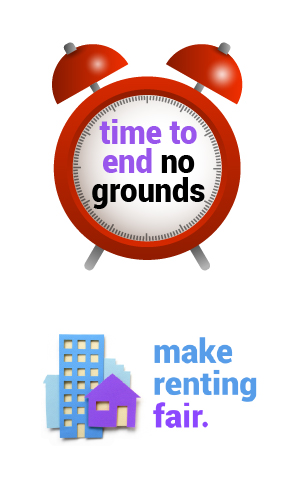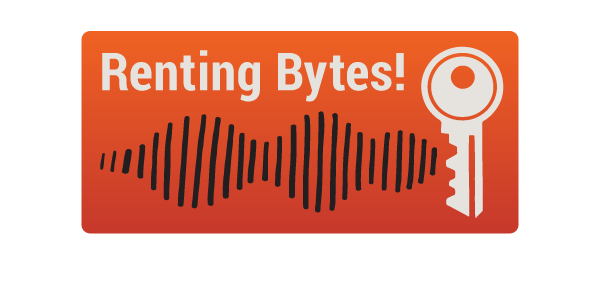Rent relief language - quick explainer
Leo Patterson Ross • 29/03/2020
There’s a lot of phrases being used at the moment to describe some kind of change to the way we’ve gotten used to renting happening in Australia. People are discussing all sorts of ways for government to step in. Some of these phrases though, might not mean what people think they do.
So, since we’re stuck at home, waiting for government announcements, here’s a brief explainer of some of the different terms.
Rent abatement, waiver, suspension or reduction
These terms all refer to essentially the same thing. A rent waiver is generally referring to the landlord agreeing to not collect rent or only partial rent for a period. The others may be referring to legal mechanisms or Tribunal orders to reduce the rent because part of the premises is unusable, but can also be merely be negotiation. A waiver or any other reduction is legally binding on the landlord for the period they have agreed to, and they cannot back out of the arrangement. Moving from a rent reduction to regular rent does not generally count as an increase for the purpose of the Residential Tenancies Act 2010 or relevant law. This can be done currently by landlords and tenants under NSW law. Governments can also act to enforce a suspension or reduction which has similar effect.
Rent control
Rent control is a price control, similar to prices being set for electricity and other essential services as we do in NSW, are generally an upper limit set by government on the amount of rent a landlord can charge for a property. They may be based on whatever the rent was at a particular point in time, and then adjusted for inflation – this is the case for the few hundred ‘protected tenants’ in NSW with rents set under the technically repealed Landlord and Tenant (Amendment) Act 1948 where rents were set in relation to the rent from 1939. In other countries, such as many towns and cities of Germany, the price is controlled by calculating an approved rent per square meter.
Rent deferral
Rent deferral is a situation where the rent for a period is still payable, but the actual payment is delayed for a period. The tenant in effect has a debt, but an approved repayment plan.
Rent freeze
A freeze does what you might expect – it keeps things exactly as they currently are, frozen. It means that rents cannot be increased for a period. It does not mean the rent gets reduced, and it is still payable in the regular time periods.
Rent strike
Rent strikes are often risky for the participants and only come when people are desperate as eviction processes do not look kindly on rent arrears and it can effect future rent prospects. Rent strikes are when the tenants withhold rent without permission of the landlord and in breach of the contract. Like labour strikes, historically they are often in response to unfair treatment by landlords and inaction by government and so used to negotiate a better deal. There have been some citywide rent strikes in history such as the Glasgow rent strikes in 1915. Over the last few years there has been a big movement of strikes amongst university students in the UK. Sydney has had rent strikes as well. See this examination by now Professor Martin Mowbray of a strike in Fairfield that received significant attention in the 1980s.
---
Any other phrases you aren’t sure of? Why not send us a tweet or facebook message – we might add them here or in a new post.
For the latest info see our Renters' Guide to COVID-19.





